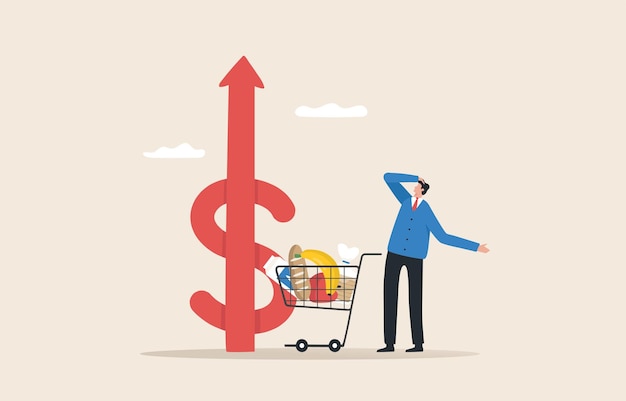
Unraveling the Mystical Boundaries: The Real Distinction Between Being Frugal and Being Cheap.

Here’s a simplified, more conversational version of your text:
Forget what you’ve heard: being frugal and being cheap are not the same thing! This confusion is common, but let’s clear it up. These two attitudes towards money, while similar in some ways, differ in many key aspects. Understanding the difference might even aid you to sort out your own money-related habits.
Let’s start with understanding frugality. Being frugal is about using your money wisely, concentrating on the long-term value of things you buy. If something’s high-quality and will last a long time, frugal folks won’t mind shelling out a bit more for it. They also try to make the most of what they have instead of getting new stuff every time.
On the other end, being cheap means hunting for the lowest price, no matter what. Whether it’s quality goods or useful services, cheap people put little to no value in these. For them, saving every penny possible is the goal, even if it leads to lowering standards of quality.
These attitudes affect life differently. Living frugally means you balance your income, spending only on what you need and focusing on quality. That’s seen as good! Cheapness, on the contrary, is sometimes frowned upon since you might compromise quality to save a bit of money.
But don’t get the wrong idea that frugal people don’t enjoy life or spend money. They do, but in a mindful way, always considering the bigger picture. Being frugal means making financially sound decisions and prioritizing what matters to them most. For example, they might prefer to take a nice vacation instead of spending on a fancy, new car.
However, people who are cheap tend to sacrifice quality for the sake of saving some cash, which isn’t always good. Not that every cheap person does it, but cutting corners in unethical ways like buying fake things or not paying back borrowed money isn’t unheard of. This type of behavior affects how one is seen in society, sometimes perceived as ungenerous or overly self-focused.
So, you’re wondering: is being cheap really that bad? Well, it depends on the person, but being cheap can harm your social relationships and your financial security. It might also harm your sense of happiness if you’re too tight-fisted to buy something that means a lot to you.
On the other hand, frugality helps you plan for the future and make quality purchases, even if it means spending a little more. Frugal people also often display generosity and value relationships.
About stinginess, well, it’s like cheapness taken to an extreme. Stingy people cling to their money and usually don’t share it. They’re unwilling to help others, making stinginess more about fear regarding money than anything else.
So, can you be both frugal and cheap? Not really, due to their different focuses: long-term value for frugal, lowest price for cheap. But you don’t have to be at either extreme. You can find a balance depending on your circumstances.
If you want to save money thoughtfully without feeling stingy, stick closer to frugality. Prioritize spending on things that matter, shop around for deals, get the best value, and do research before big purchases. This way, you can save money without giving up quality or feeling guilty.
Finally, remember it’s completely up to you which lifestyle you choose. But whether you decide to be frugal or cheap, keep the long game in mind. Differentiating between cheap and frugal attitudes can help you make smarter financial decisions, leading to a more secure future. Take a close look at your habits: whether you’re frugal, cheap, or somewhere in between, it’s always good to be mindful about money.
And that’s the gist of frugal vs cheap! So, what about you? Which do you think describes your attitude toward money?


